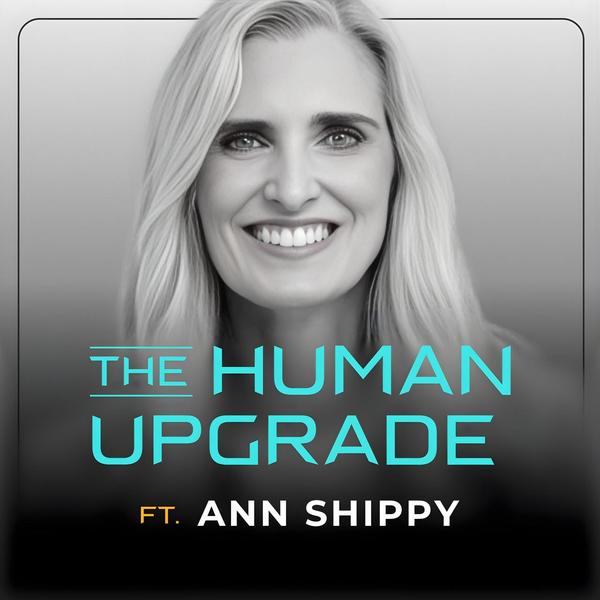Heart rate variability: how to measure, interpret, and utilize HRV for training and health optimization | Joel Jamieson
Peter Attia
Jun 10, 2024
Mindsip insights from this episode:
Understand aging's impact on autonomic range and HRV
The steep decline in HRV with age reflects a loss of 'autonomic range,' meaning the body's ability to turn both the sympathetic (stress) and parasympathetic (recovery) systems up and down diminishes.
Choose forearm optical heart rate sensors for accurate exercise monitoring
Optical heart rate sensors on the forearm are significantly more accurate for exercise than those on the wrist, which can be a 'random number generator' due to poor blood flow and motion artifacts.
Prioritize VO2 max over HRV for mortality prediction
VO2 max is a better predictor of all-cause mortality than HRV because it's more modifiable and reflects actual physical work, whereas HRV has a much stronger genetic component.
Utilize Morpheus for precise daily Zone 2 heart rate training
The Morpheus system uses a daily morning HRV measurement to provide precise heart rate zones, offering a highly accurate, real-time alternative to lactate testing for Zone 2 training.
Utilize morning HRV readings to optimize daily training
A single, standardized morning HRV reading is better for guiding daily training than an overnight average because it captures the net result of the previous day's stress and recovery cycle.
Recognize mental stress impact on college athletes' performance
College athletes' HRV can be significantly worse during finals week than during competitive tournaments, highlighting the profound impact of mental stress over physical stress.
Monitor heart rate variability changes with GLP-1 agonist drugs
Popular GLP-1 agonist drugs like Ozempic consistently raise resting heart rate by about 10 bpm and lower HRV, possibly by suppressing the vagus nerve's role in appetite.
More from
Peter Attia
AMA #78: Longevity interventions, exercise, diagnostic screening, and managing high apoB, hypertension, metabolic health, and more
Ketogenic diet, ketosis & hyperbaric oxygen: metabolic therapies for weight loss, cognition, Alzheimer's & more | Dom D'Agostino, Ph.D.
The evolutionary biology of testosterone: how it shapes male development and sex-based behavioral differences, | Carole Hooven, Ph.D.
The impact of gratitude, serving others, embracing mortality, and living intentionally | Walter Green (#288 rebroadcast)
Thyroid function and hypothyroidism: why current diagnosis and treatment fall short for many, and how new approaches are transforming care | Antonio Bianco, M.D., Ph.D.
You also might be interested in
Dr. Casey Means: Eat like THIS to reduce your Risk of Metabolic Disease!
Biohacking Fertility for Men and Women at Any Age
Improve Energy & Longevity by Optimizing Mitochondria | Dr. Martin Picard
Dr. Casey Means: Stop Ignoring Your Health — Do These 5 Free Tests!
The Untold Science Of Vibration Therapy & The “BioDrive” Breakthrough That Regulates Your Mind and Body, With Dr. Mike North












